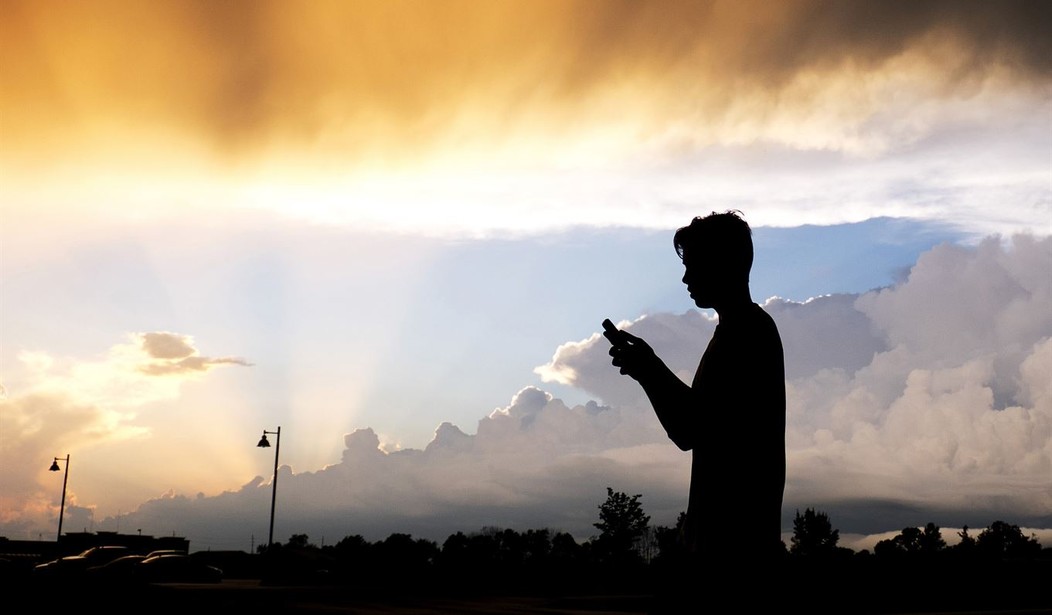In this season of giving thanks for our many blessings, I give half credit to the modern smartphone - which brings pretty much all the world's knowledge to our back pocket, but is also rotting society's collective brain.
Among the other curses? I suspect 80% of the calls I get are scams and spam. Some days, I think the spam calls are close to rendering my phone useless, and get me remembering the good old days when a phone was something that was attached by a cord to the wall, and whose only "app" was...a phone..
So one might be forgiven for thinking this story - about the Myanmarese military raiding a spam mill just across the border from Thailand - is an unalloyed blessing.
Who hasn't fantasized about Nigerian princes, "Filipina" romance scammers, and Russian pill-pushers getting perp-walked at gunpoint, under cover of air support?
One might be forgiven for wanting to see the earth salted beneath the entire enterprise:In something that sounds like it comes straight ouf of James Bond - yes, plenty of scams and scam do in fact originate in large complexes full of people cranking out the calls full-time - because it turns out there's a lot of money in preying on the gullible:The U.N. Office on Drugs and Crime has estimated that hundreds of industrial-scale scam centers based primarily in Southeast Asia generate just under $40 billion in annual profits.
And governments, in this case Myanmar, are taking action:
Myanmar’s military government extended its crackdown on online scam activities to a second major location, detaining hundreds of foreigners and seizing thousands of mobile phones used to carry out the fraud, state media reported Wednesday.
Myanmar is notorious for hosting cyberscam operations responsible for bilking people all over the world, which usually involve gaining victims’ confidence online with romantic ploys and bogus investment schemes. Authorities raided a major scam center in mid-October called KK Park on the outskirts of Myawaddy, a major trading town on the border with Thailand.
Scammers getting busted with extreme prejudice? A dent, no matter how infinitesimal, being put in the international scam and spam trade?
What's not to like?
Well, like all too-simple pleasures, there's a lot more to it than that. The industry - and the complexes being raided - are chock full of human trafficking victims doing the actual work:
A WhatsApp promise: “R30k tech job in Bangkok, flight paid” lured 41 South Africans across Thailand’s border into Myanmar’s KK Park. Their hopeful smiles quickly turned to shackles and despair.
— Bianca van Wyk (@BiancavanWyk16) October 29, 2025
Sixteen-hour pig-butchering (fake romance → crypto slaughter) and investment scams… pic.twitter.com/wemHNsrEvq
Researchers believe there are links between Huanya and a prominent Chinese underworld figure Wan Kuok Koi, better known as Broken Tooth, who has since invested in other scam centres on the border.
The complex expanded rapidly, and is easily visible from the Thai side of the border.
Those who managed to escape from it describe a brutal regime imposed on the thousands of people, many from African countries, who were held there, forced to work long hours, with torture and beatings inflicted on those who failed to meet targets.
A 20 yr old Pakistani man, Abdul Manan, vanished near the Thailand–Myanmar border and was later found imprisoned inside the Deeko Park scam compound in DKBA-controlled Myawaddy. His family says he is beaten and electroshocked daily and that Chinese gang members are demanding a… pic.twitter.com/ZE3r69umas
— Jacob in Cambodia 🇺🇸 🇰🇭 (@jacobincambodia) November 20, 2025
And like most such stories that lie at the intersection of underworld crime and rural Asia, there's plenty of ugly local political nuance as well. There are no white hats involved in the story. Shady money built an entire city to support the scam industry:
The tall, shiny buildings which rise out of the cornfields on the Myanmar side of the Moei river are a sight so jarring you find yourself blinking to be sure you haven't imagined it.
Eight years ago there was nothing over there in Karen State. Just trees, a few roughly built cement buildings, and a long-running civil war which has left this area of Myanmar one of the poorest places on earth. But today, on this spot along the border with Thailand, a small city has emerged like a mirage. It is called Shwe Kokko, or Golden Raintree.
It is accused of being a city built on scams, home to a lucrative yet deadly nexus of fraud, money-laundering and human trafficking. The man behind it, She Zhijiang, is languishing in a Bangkok jail, awaiting extradition to China.
But Yatai, She Zhijiang's company which built the city, paints a very different vision of Shwe Kokko in its promotional videos – as a resort city, a safe holiday destination for Chinese tourists and haven for the super-rich.
The raids have left freed foreigners from Africa and the Philippines roaming rural Myanmar and Thailand looking for ways to get home.
Anyway, if you're looking for reasons to be thankful this season, not being there sounds like a great place to start.








